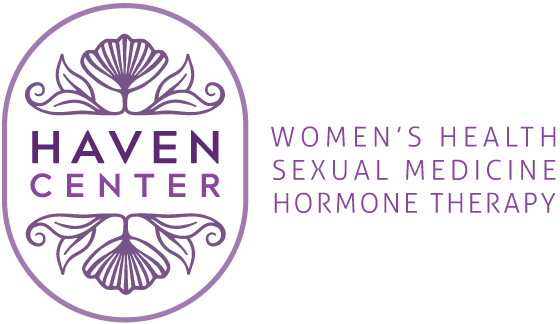Bringing a new life into the world is an extraordinary journey, but it’s also one that comes with a myriad of physical and emotional changes for the mother. As we delve into the intricacies of postpartum life, it becomes evident that understanding and addressing these changes is crucial for a smooth transition into motherhood.
This week, our discussions revolved around postpartum particularities, covering a spectrum of topics from hormonal fluctuations to pelvic health and sexual wellness. It’s imperative to recognize that the postpartum period extends far beyond the immediate weeks following childbirth, encompassing a significant portion of the first year post-delivery.
Let’s begin by exploring the hormonal changes that accompany pregnancy and childbirth. During pregnancy, there’s a surge in sex hormones, including estrogen, progesterone, and testosterone. However, after delivery, especially for breastfeeding mothers, these hormone levels plummet, often leading to postpartum depression, anxiety, and physiological changes such as vaginal dryness.
Thyroid function is another aspect to consider, as pregnancy can alter thyroid hormone levels, potentially leading to postpartum thyroiditis or even thyroid disorders. Additionally, gestational diabetes can progress to type 2 diabetes post-delivery, highlighting the importance of postpartum health monitoring.
Pelvic health emerges as a focal point in postpartum care, with the pelvic floor bearing significant strain during pregnancy and childbirth. Issues like pelvic organ prolapse, urinary incontinence, and bowel dysfunction can arise, necessitating specialized attention and treatment.
Pelvic floor physical therapy stands out as a gold standard treatment, offering targeted interventions to address pelvic floor dysfunction comprehensively. For those experiencing painful intercourse, whether due to hormonal changes or pelvic floor issues, it’s essential to prioritize comfort and communication with your partner, emphasizing consent and mutual understanding.
Navigating postpartum challenges requires a multidimensional approach, encompassing physical therapy, medical intervention, and open communication with healthcare providers and partners. It’s crucial for new mothers to prioritize self-care and seek support when needed, whether it’s addressing postpartum mood disorders or managing pelvic health concerns.
As we continue to explore the intricacies of postpartum care, let’s foster a culture of understanding and support for mothers navigating this transformative journey. Remember, every postpartum experience is unique, and there’s no one-size-fits-all solution. By advocating for comprehensive postpartum care and fostering open dialogue, we can empower mothers to embrace their postpartum journey with confidence and resilience.
